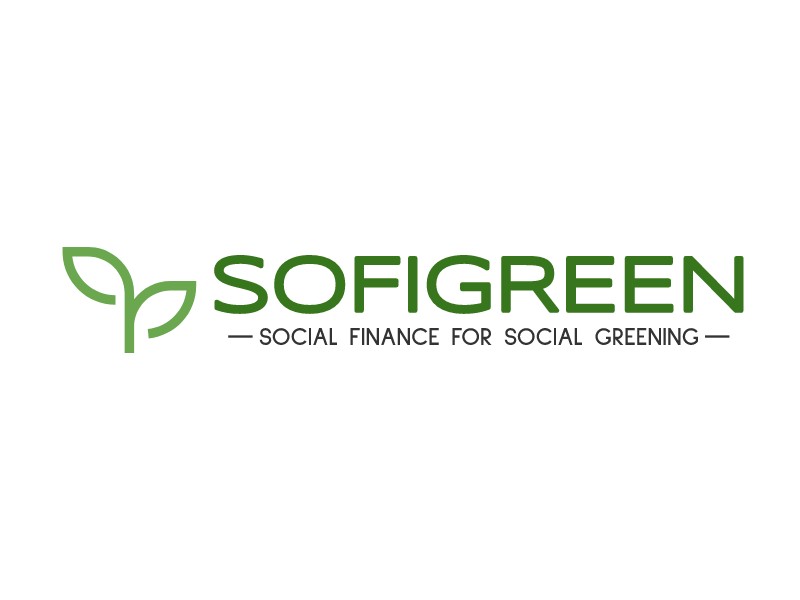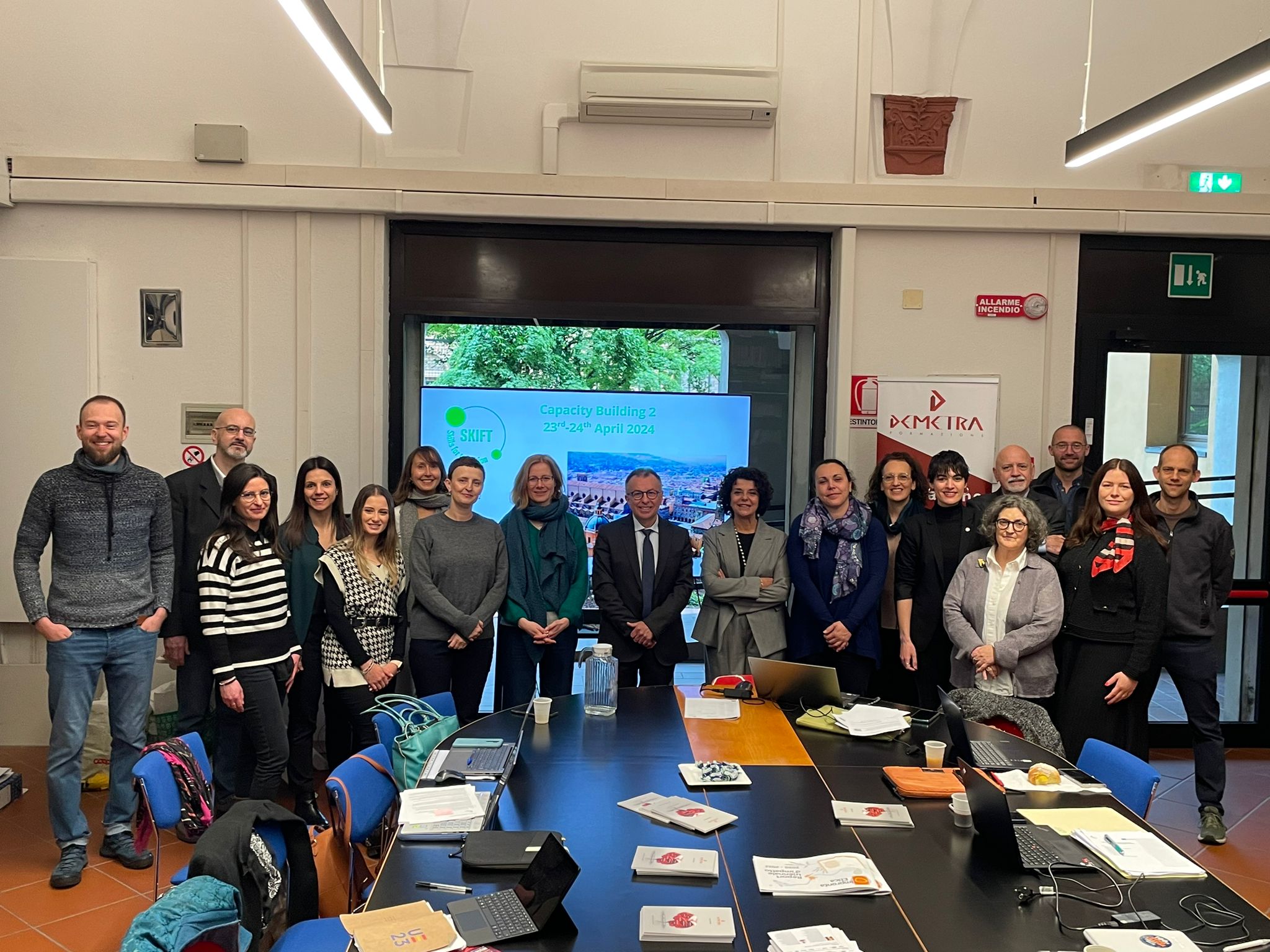[:en]
On Tuesday 23rd May took place in Madrid the European Conference Social Economy, an enterprise model for the future of Europe, co-organised by the Ministry of Employment and Social Security of Spain, Social Economy Europe (SEE) and CEPES (Spanish Social Economy Confederation). The event was attended by more than 400 high-level representatives of 16 Member States, EU Institutions, EU social economy organisations and Spanish public authorities.
9 Member States -Bulgaria, Cyprus, Greece, Italy, Luxembourg, Malta, Portugal, Slovenia and Spain- adopted the Madrid Declaration, that calls on the European Commission to include a European Action Plan for the social economy, adequately financed, in its Work Programme 2018, and to strengthen the role of the social economy in the European Pillar of Social Rights and in the ongoing debate on the future of Europe. The governments of Sweden and Romania are planning to sign the Declaration in the coming weeks.
Madrid Declaration, demonstrates once again -following Luxembourg Declaration (December 2015) and Bratislava Declaration (December 2016)- the commitment of a growing number of Member States to promote the development of the social economy in Europe.
Minister of Employment and Social Security of Spain, Fátima Báñez, stressed the importance of social economy as a key driver for a future of economic and social progress in Europe, as it is based on the primacy of people over capital, and has proven its capacity to create and maintain high-quality jobs, to provide innovative solutions to new demands, to integrate the most vulnerable people and to foster competitiveness.
SEE and CEPES President, Juan Antonio Pedreño, declared that it is the moment for EU Institutions to make an ambitious step forward to boost social economy enterprises all over Europe. He also underlined social economy’s commitment to further contribute to economic, social and territorial cohesion in Europe and to a more sustainable, responsible, participative, inclusive and solidary economy.
Ministers Nicolas Schmit (Luxembourg), José Antonio Vieira da Silva (Portugal) and Ardalan Shekarabi (Sweden), as well as State Secretaries Luigi Bobba (Italy) and Tadej Slapnik (Sovenia), agreed on the importance of strengthening EU and national policies supporting social economy enterprises, to achieve a more prosperous, solidary and inclusive European Union. Furthermore, both Minister Schmit and Minister Shekarabi underlined the attractiveness of social economy models for young entrepreneurs.
Commissioners Elżbieta Bieńkowska (Internal Market, Industry, Entrepreneurship and SMEs) and Marianne Thyssen (Employment, Social Affairs, Skills and Labour Mobility), stressed through video-messages that the social economy is a valuable model for Europe’s future, responding to the growing demand of more responsible and sustainable businesses.
European Economic and Social Committee President, Georges Dassis, called on the European Commission to include among its priorities for 2018 an ambitious EU policy for the social economy.
European Parliament’s Vice-President, Ramón Luis Valcárcel, emphasised the importance of the European Parliament’s Social Economy Intergroup, supported by more than 80 MEPs, to mainstream the social economy in the agenda and legislative production of the European Parliament.
Jens Nilsson MEP, Co-President of the Social Economy Intergroup, stressed that- although a more ambitious approach is needed- the European Commission is moving in the right direction to develop effective EU policies to boost the social economy.
European Commission’s Heads of Unit Ulla Engelmann, responsible for Clusters, Social Economy and Entrepreneurship (DG Growth), and Ann Branch, responsible for Jobs Creation (DG Employment), presented the “Actions and strategy of the European Commission for the social economy and social enterprises”, structured around 5 pillars: access to funding, access to markets, improving framework conditions, social innovation, technologies and new business models; and international dimension.
Finally, Mayor of Madrid, Manuela Carmena, stressed that the social economy is one of the entrepreneurial models that will shape the economy of the XXIst century.
Please find here all the photos of the event.
(Source: Social Economy Europe)
[:fr]
On Tuesday 23rd May took place in Madrid the European Conference Social Economy, an enterprise model for the future of Europe, co-organised by the Ministry of Employment and Social Security of Spain, Social Economy Europe (SEE) and CEPES (Spanish Social Economy Confederation). The event was attended by more than 400 high-level representatives of 16 Member States, EU Institutions, EU social economy organisations and Spanish public authorities.
9 Member States -Bulgaria, Cyprus, Greece, Italy, Luxembourg, Malta, Portugal, Slovenia and Spain- adopted the Madrid Declaration, that calls on the European Commission to include a European Action Plan for the social economy, adequately financed, in its Work Programme 2018, and to strengthen the role of the social economy in the European Pillar of Social Rights and in the ongoing debate on the future of Europe. The governments of Sweden and Romania are planning to sign the Declaration in the coming weeks.
Madrid Declaration, demonstrates once again -following Luxembourg Declaration (December 2015) and Bratislava Declaration (December 2016)- the commitment of a growing number of Member States to promote the development of the social economy in Europe.
Minister of Employment and Social Security of Spain, Fátima Báñez, stressed the importance of social economy as a key driver for a future of economic and social progress in Europe, as it is based on the primacy of people over capital, and has proven its capacity to create and maintain high-quality jobs, to provide innovative solutions to new demands, to integrate the most vulnerable people and to foster competitiveness.
SEE and CEPES President, Juan Antonio Pedreño, declared that it is the moment for EU Institutions to make an ambitious step forward to boost social economy enterprises all over Europe. He also underlined social economy’s commitment to further contribute to economic, social and territorial cohesion in Europe and to a more sustainable, responsible, participative, inclusive and solidary economy.
Ministers Nicolas Schmit (Luxembourg), José Antonio Vieira da Silva (Portugal) and Ardalan Shekarabi (Sweden), as well as State Secretaries Luigi Bobba (Italy) and Tadej Slapnik (Sovenia), agreed on the importance of strengthening EU and national policies supporting social economy enterprises, to achieve a more prosperous, solidary and inclusive European Union. Furthermore, both Minister Schmit and Minister Shekarabi underlined the attractiveness of social economy models for young entrepreneurs.
Commissioners Elżbieta Bieńkowska (Internal Market, Industry, Entrepreneurship and SMEs) and Marianne Thyssen (Employment, Social Affairs, Skills and Labour Mobility), stressed through video-messages that the social economy is a valuable model for Europe’s future, responding to the growing demand of more responsible and sustainable businesses.
European Economic and Social Committee President, Georges Dassis, called on the European Commission to include among its priorities for 2018 an ambitious EU policy for the social economy.
European Parliament’s Vice-President, Ramón Luis Valcárcel, emphasised the importance of the European Parliament’s Social Economy Intergroup, supported by more than 80 MEPs, to mainstream the social economy in the agenda and legislative production of the European Parliament.
Jens Nilsson MEP, Co-President of the Social Economy Intergroup, stressed that- although a more ambitious approach is needed- the European Commission is moving in the right direction to develop effective EU policies to boost the social economy.
European Commission’s Heads of Unit Ulla Engelmann, responsible for Clusters, Social Economy and Entrepreneurship (DG Growth), and Ann Branch, responsible for Jobs Creation (DG Employment), presented the “Actions and strategy of the European Commission for the social economy and social enterprises”, structured around 5 pillars: access to funding, access to markets, improving framework conditions, social innovation, technologies and new business models; and international dimension.
Finally, Mayor of Madrid, Manuela Carmena, stressed that the social economy is one of the entrepreneurial models that will shape the economy of the XXIst century.
Please find here all the photos of the event.
(Source: Social Economy Europe)
[:]
 Docs
Docs  Support
Support 






